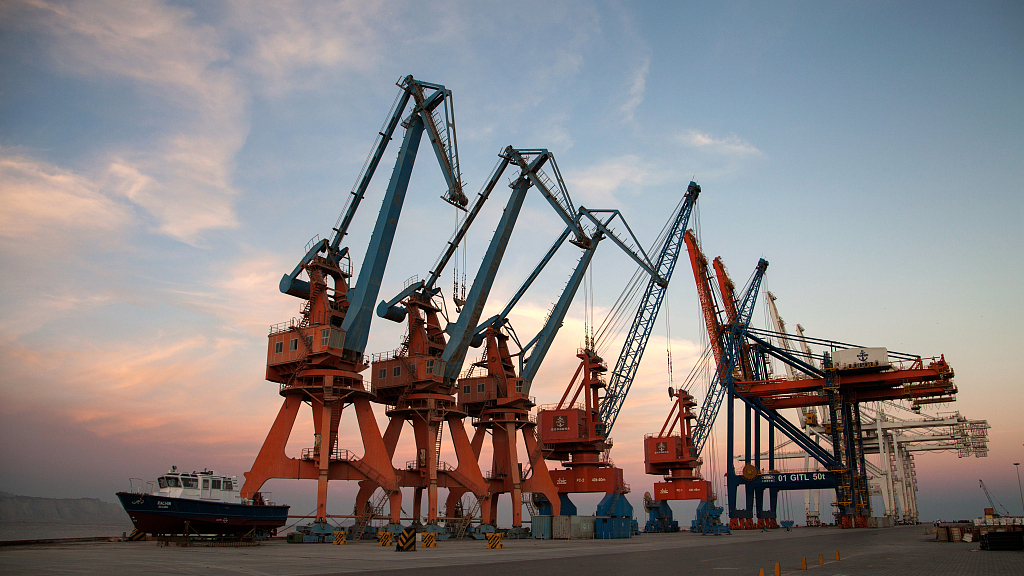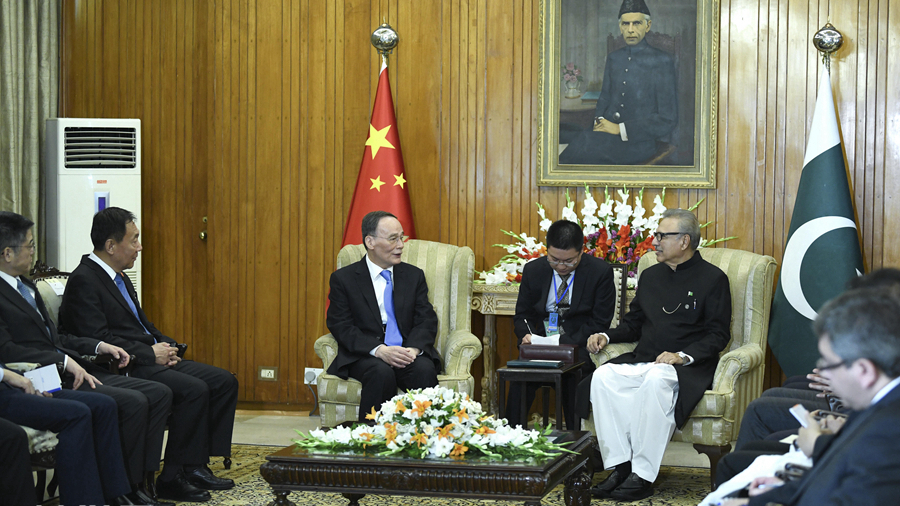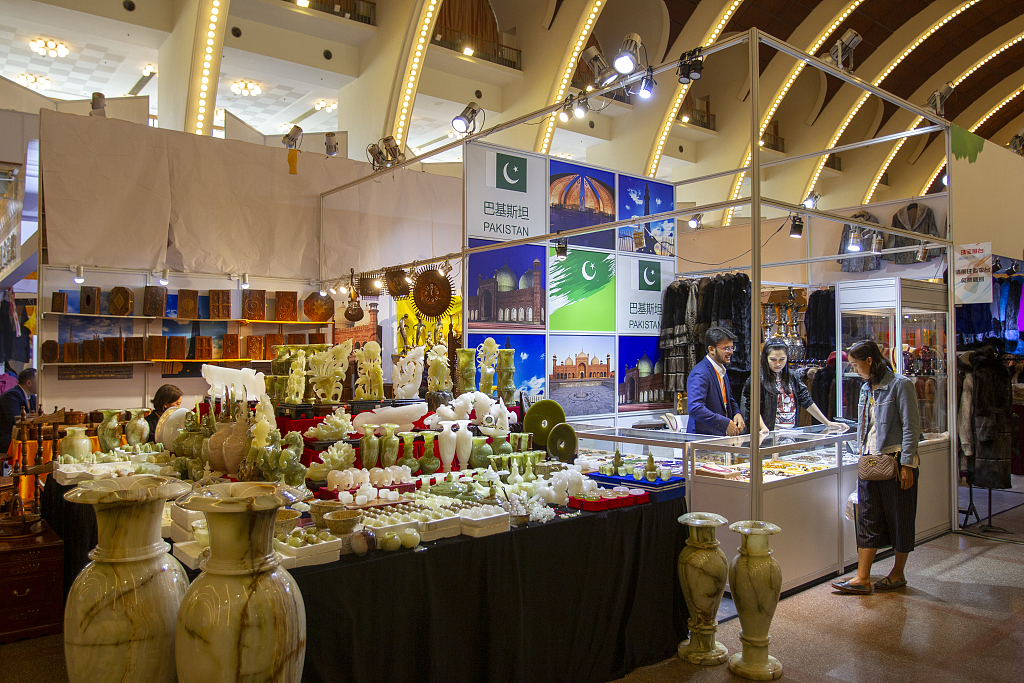
Opinion
17:24, 02-Jun-2019
FMD agreement vital for Pakistan’s economy
Zamir Ahmed Awan

Editor's note: Zamir Ahmed Awan is a Sinologist (ex-diplomat) and non-resident fellow at the Center for China and Globalization, National University of Sciences and Technology (NUST), Islamabad, Pakistan. The article reflects the author's opinion, and not necessarily the views of CGTN.
During the recent visit of Chinese Vice President Wang Qi Shan on May 26-28, 2019, several memoranda of understanding were signed, one of which was regarding the establishment of an FMD (foot and mouth disease) free zone where vaccination would be administered. This will open opportunities for Pakistan in the export of meat.
Pakistan is a blessed country with rich agricultural potential, and possesses huge potential for meat exports. However, its meat exports have been affected by the spread of FMD. Falling short of China's health and safety standards, the country currently does not have access to China's market, which imports 12-15 billion U.S. dollars' worth of meat annually.
Therefore, if Pakistan can qualify for export after the successful establishment of the FMD free zone, it can attract a fraction of the Chinese market easily.
Moreover, FMD-free certification will boost Pakistan's meat export to other major markets of the world. Experts claim that Pakistan's existing exports of meat can reach 1-3 billion U.S. dollars annually. If Chinese investors are involved in science and technology (S&T)-based modern cattle-farming, the meat export can surpass 5-8 billion U.S. dollars.

Chinese Vice President Wang Qishan meets with Pakistani President Arif Alvi in Islamabad, Pakistan, May 26, 2019. /Xinhua Photo
Chinese Vice President Wang Qishan meets with Pakistani President Arif Alvi in Islamabad, Pakistan, May 26, 2019. /Xinhua Photo
The natural climate and topography of Pakistan are very much suitable for cattle farming. This is an area where Pakistan has an edge and may need to exploit further. Initially, the government of Pakistan may need to introduce policy reforms with lucrative incentives. Once the meat industry becomes stable, it can grow and expand on its own. Cattle farming is a laborious sector and needs a big workforce – thus it will generate employment for many people. The cycle of return on investment is short and can show immediate socio-economic impact.
Pakistan is already exporting some small quantity of meat to the Middle East, but due to non-certification, could not compete with the traditional exporters like New Zealand, Australia, etc. On the other hand, the Halal food market is a big attraction for Pakistan and can capture a big portion of the Muslim world. There are 50 Muslim-majority countries in the world. According to estimates, the Muslim population of the world is around 2 billion – a huge market for Halal food. Moreover, non-Muslims also prefer Halal food.
This move will also improve the quality of the domestic market, as people are more aware and health conscious in the local markets too. It will bring a complete change in the domestic market.

Pakistani exhibitors display Pakistani jade handicrafts at the 2019 One Belt and Road Brand Expo in Shanghai, China, May 31, 2019. /VCG Photo
Pakistani exhibitors display Pakistani jade handicrafts at the 2019 One Belt and Road Brand Expo in Shanghai, China, May 31, 2019. /VCG Photo
The FMD agreement is a big milestone in the China-Pakistan Economic Corridor (CPEC). It strengthens the China-Pakistan S&T cooperation and may bring the scientific communities of both sides much closer together. It will be marked as a big achievement of the BRI/CPEC.
This agreement will open many more opportunities for entrepreneurs on both sides, especially Chinese investors. It will also solve the high trend of urbanization and may provide more opportunities at their doorsteps in the rural areas.
While Pakistan is passing through its worst economic crisis, the FMD agreement provides big hope and may be helpful in overcoming our difficulties.
China will help technically and financially in the establishment of FMD zones. But it requires the hard work of the Pakistani workforce and attractive policies by the government of Pakistan. Policymakers may introduce lucrative policies and the private sector may work hard. China's help will be a catalyst and our private sector will be the actual engine of growth. It needs complete harmony between the sector's policymakers and leading entrepreneurs.
Trust, China-Pakistan grassroots-level cooperation will prove vital for Pakistan to take off economically.
(If you want to contribute and have specific expertise, please contact us at opinions@cgtn.com.)

SITEMAP
Copyright © 2018 CGTN. Beijing ICP prepared NO.16065310-3
Copyright © 2018 CGTN. Beijing ICP prepared NO.16065310-3